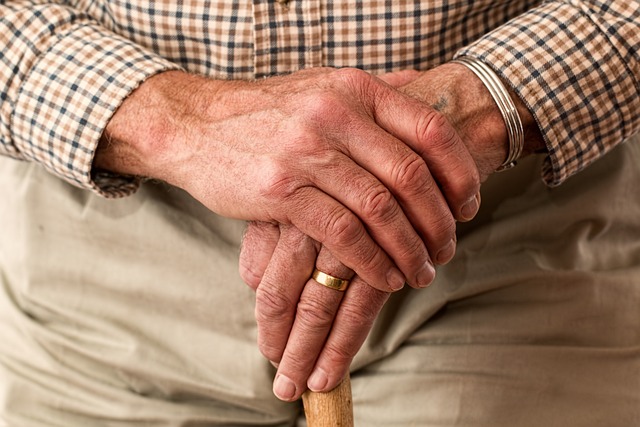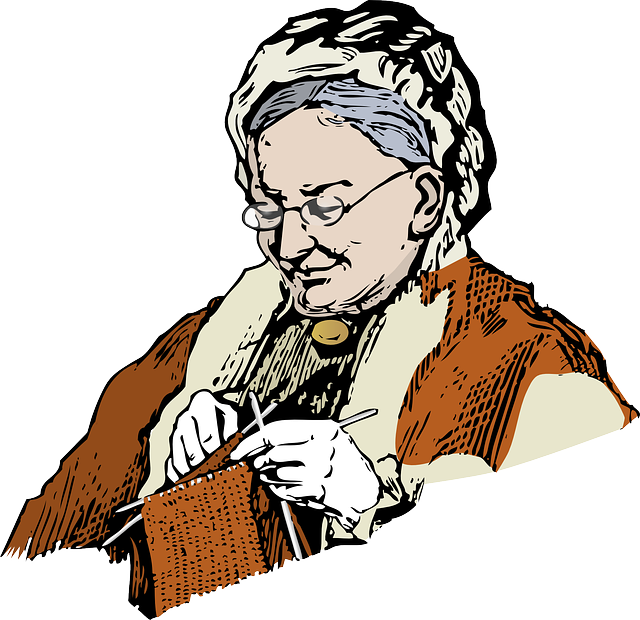Elderly Companion Services at Home: Nurturing Independence and Quality of Life. This article explores the essential role companion services play in supporting seniors, enhancing their well-being, and easing the burden on families. We break down the various types of services, from personal care to medical monitoring, highlighting their benefits. Learn how to choose the perfect fit for your loved one, considering their unique needs and preferences, while ensuring safety, comfort, and financial considerations.
- Understanding Elderly Companion Services
- – Definition and significance in elderly care
- – Key roles and responsibilities of companion services
Understanding Elderly Companion Services

– Definition and significance in elderly care

Elderly Companion Services refer to a range of personalized care options designed to enhance the quality of life for older adults while enabling them to maintain their independence in the comfort of their homes. This type of service is significant in elderly care as it addresses the unique needs and challenges that come with aging, such as mobility issues, social isolation, and the decline of cognitive abilities. By providing companionship, assistance with daily tasks, and monitoring, these services foster a sense of security and well-being among seniors.
The significance of Elderly Companion Services lies not only in their ability to improve physical and mental health but also in their role as a vital social safety net. Companions can offer emotional support, engage in meaningful conversations, and facilitate regular social interaction—all critical components for maintaining cognitive function and overall happiness in later years. In addition, these services allow seniors to age in place, avoiding the need for transition to more institutional settings, thus preserving their sense of home and community.
– Key roles and responsibilities of companion services

